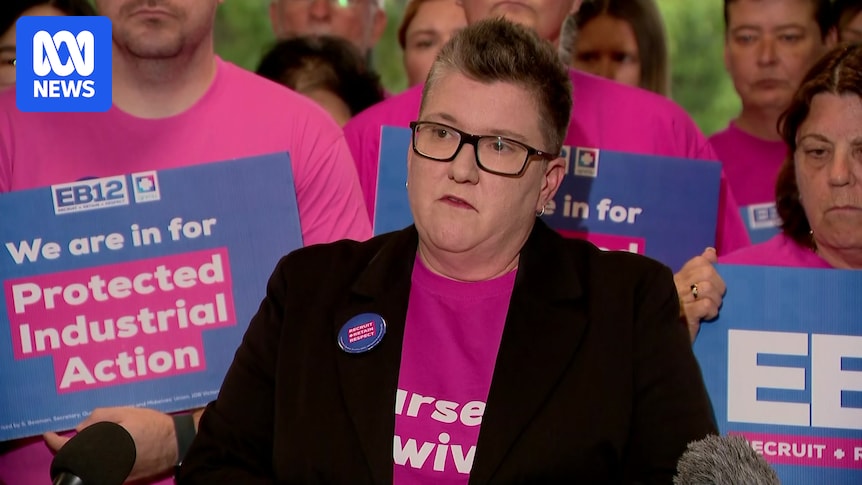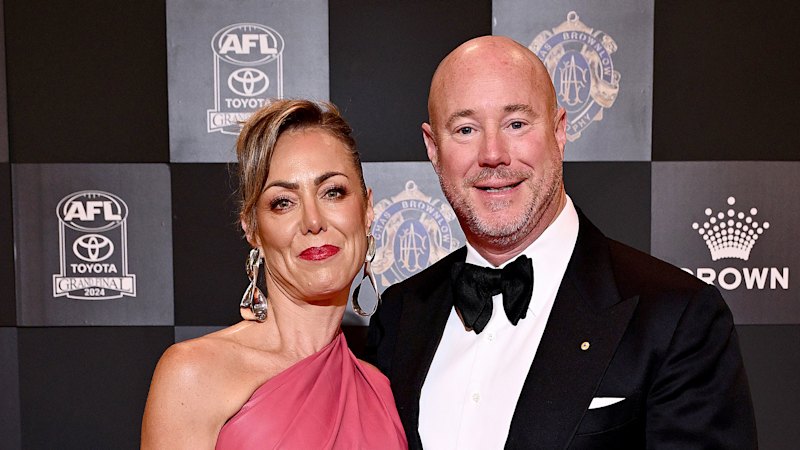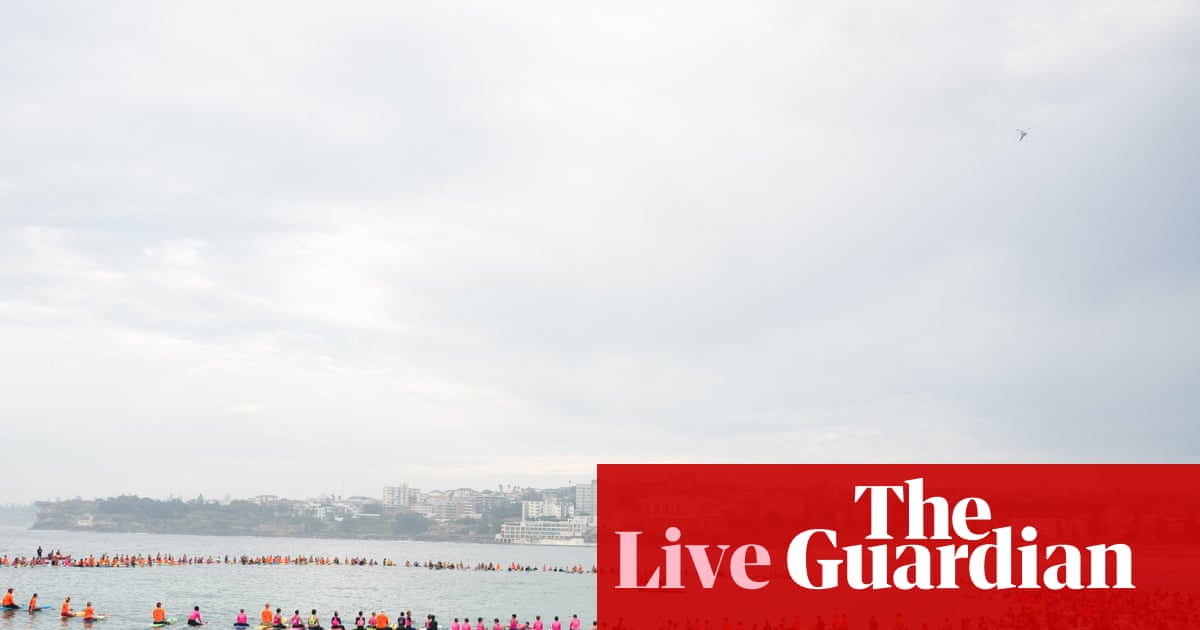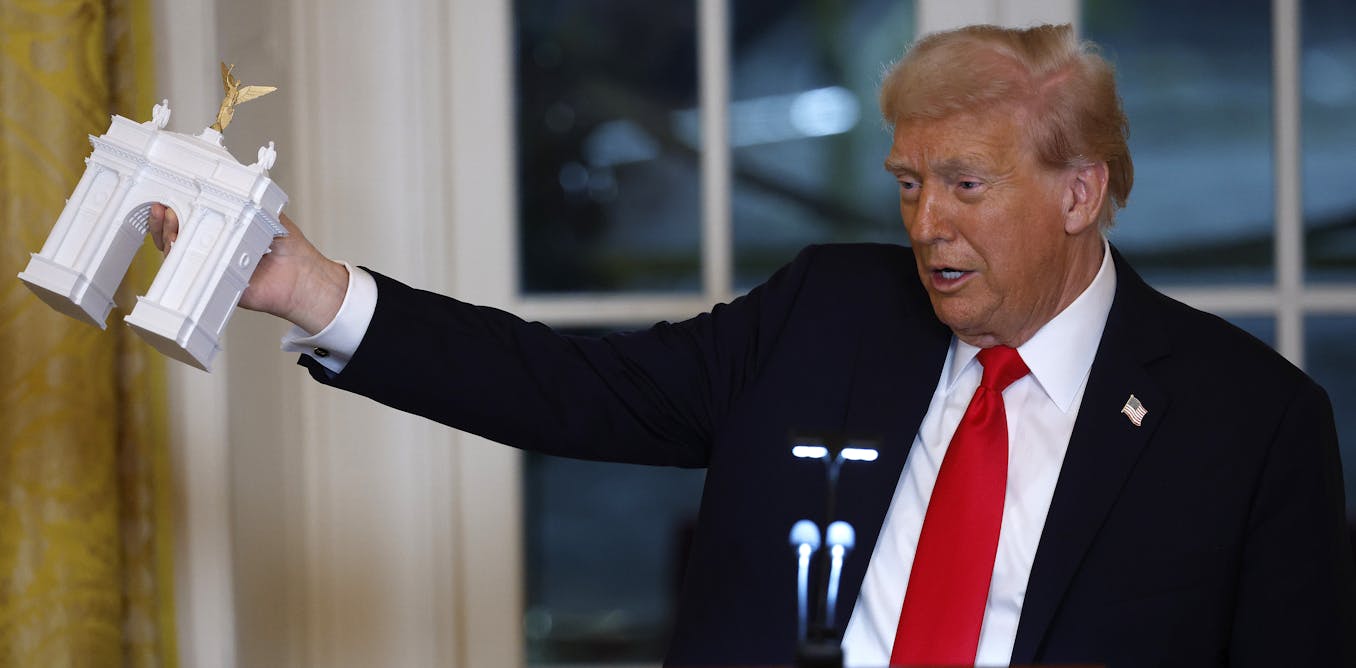
The union representing Queensland nurses and midwives has issued a stern warning to the state government, threatening to escalate industrial action if their demands for a better pay rise are not met. The Queensland Nurses and Midwives’ Union (QNMU) has been in negotiations with the government for the past six months over a new enterprise agreement.
The union is pushing for a 13 percent pay increase over three years, while the government has countered with an offer of an 11 percent rise over the same period. The QNMU argues that the government’s proposal falls short of their goal to secure nation-leading pay and conditions for their members.
Union’s Stance and Planned Actions
QNMU Secretary Sarah Beaman emphasized the union’s determination to achieve a significant pay increase, stating that the current offer does not meet their expectations. “We will not be gaslit and we will not be taken for fools,” Beaman declared, underscoring the union’s resolve.
If the government does not meet their demands by July 2, the union plans to initiate stage two protected industrial action starting July 7. This action will involve rolling statewide work bans across all Queensland Health public hospitals and facilities. Beaman assured that patient safety would remain a priority, but warned of increased disruptions compared to previous actions.
“It will involve nurses and midwives refusing to perform some of their normal tasks or accept some new tasks that do not directly involve direct clinical care,” Beaman explained. Tasks such as bed making, data entry, meeting attendance, restocking, cleaning of equipment, and answering phones may be affected.
Government’s Response and Negotiation Efforts
In response, Health Minister Tim Nicholls reiterated the government’s commitment to delivering a “nation-leading” wages deal for nurses and midwives. “To continue to progress this deal and negotiate with the Queensland Nurses and Midwives’ Union, Queensland Health is seeking conciliation through the Queensland Industrial Relations Commission,” Nicholls stated.
He highlighted that the government remains open to negotiations, noting that the QNMU had only recently submitted its first formal written position after 36 meetings since December. Premier David Crisafulli also expressed confidence in reaching a satisfactory agreement, promising to negotiate in “good faith.”
“We remain at the table to finalise an agreement,” Health Minister Tim Nicholls said, emphasizing the government’s ongoing efforts to resolve the dispute.
Financial Context and Broader Implications
The state budget, unveiled last week, projected an annual expenditure of $42 billion on all public service wages by 2028-29. The budget papers also indicated a planned containment of government employee expenses growth to an average annual rate of 3.5 percent from 2026-27 onwards.
The QNMU’s demands come at a time when public sector wages and conditions are under scrutiny across Australia. Comparisons with neighboring New South Wales (NSW) have been drawn, where nurses reportedly earn more than their Queensland counterparts. Erica Roberts, a nurse working in NSW, noted that her equivalent pay in Queensland would be an additional $4 per hour, allowing for greater superannuation contributions.
“At the level she works at in NSW, Erica Roberts says the equivalent pay in Queensland is an extra $4 an hour,” highlighting the pay disparity between the states.
Looking Ahead: Potential Outcomes and Consequences
The looming industrial action represents a significant challenge for the Queensland government, which must balance fiscal constraints with the need to retain and attract skilled healthcare professionals. The outcome of these negotiations could set a precedent for future public sector wage discussions in the state.
As the deadline approaches, both parties face mounting pressure to reach a resolution that satisfies the union’s demands while aligning with the government’s budgetary goals. The next steps will be closely watched by stakeholders across the healthcare sector and beyond.
The QNMU has made it clear that without a satisfactory offer by July 2, they will proceed with their planned industrial action, potentially disrupting healthcare services across the state. The coming weeks will be crucial in determining the trajectory of this dispute and its impact on Queensland’s healthcare system.







